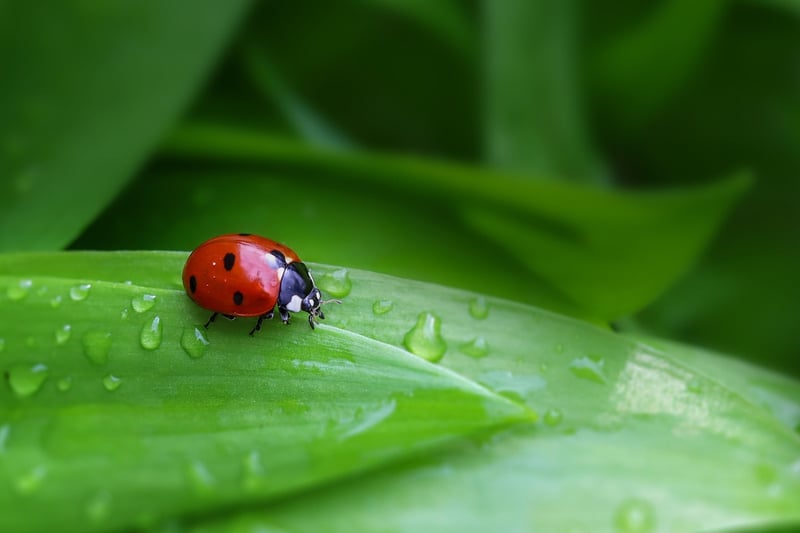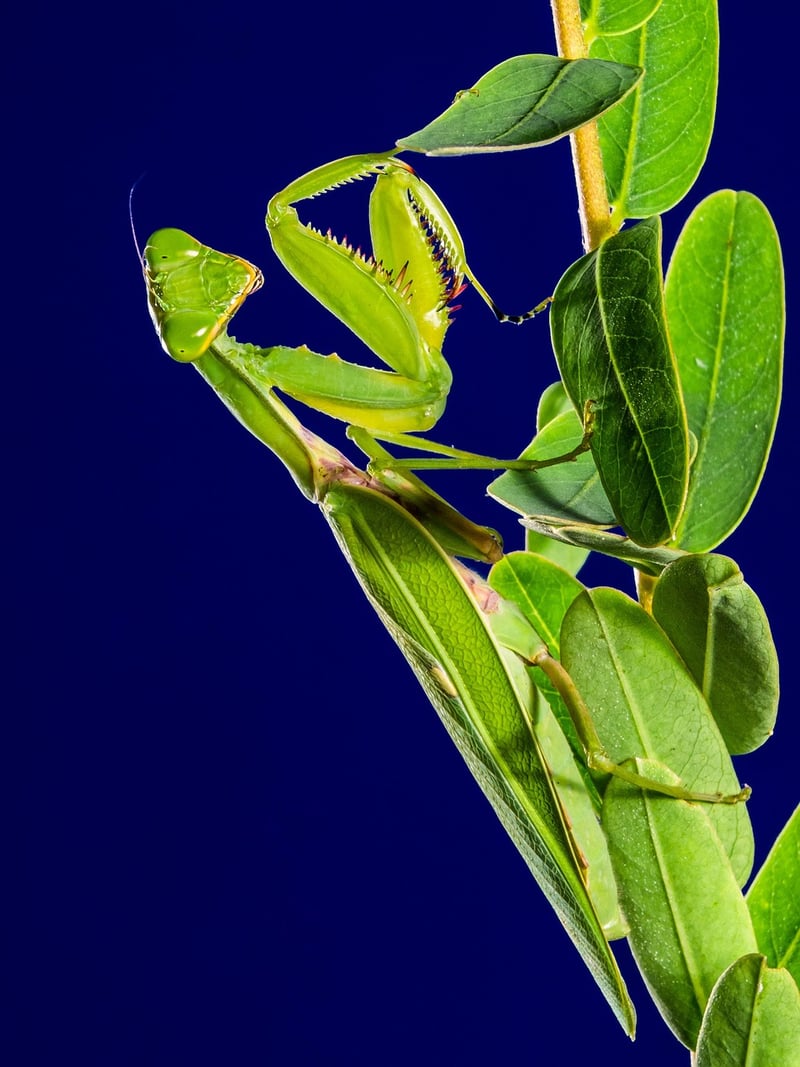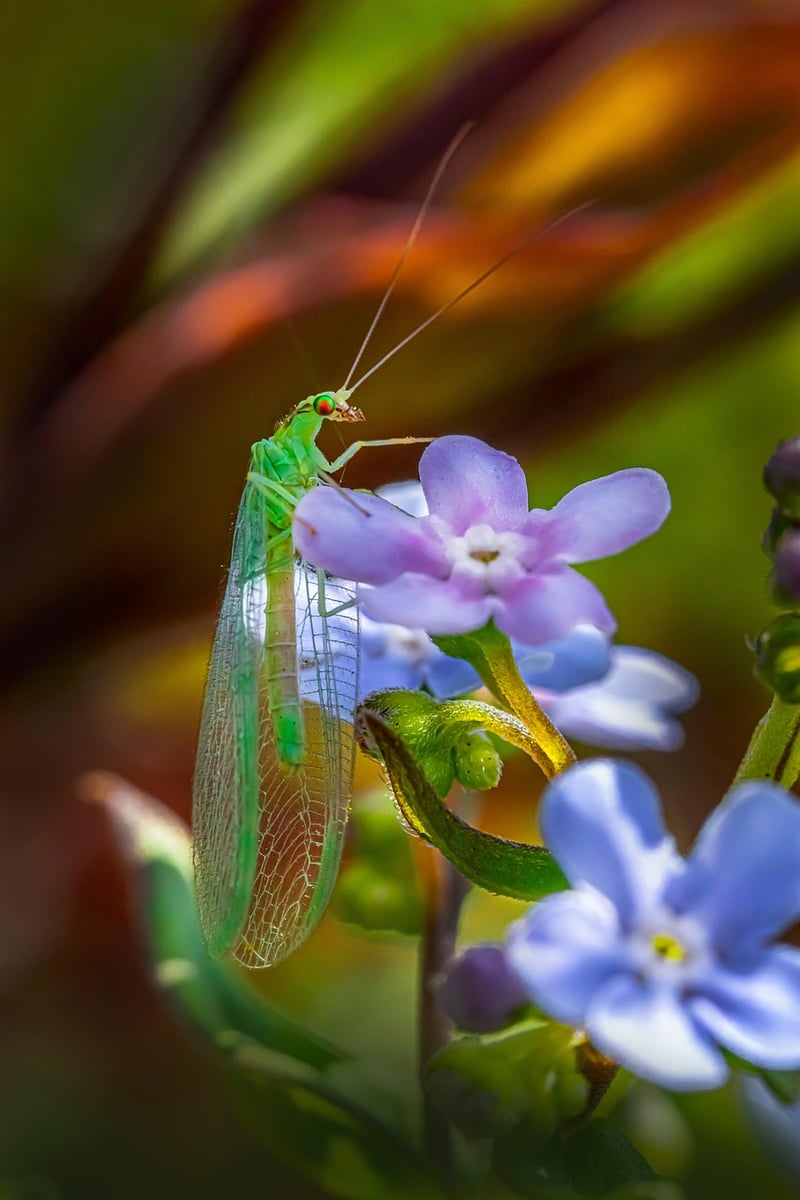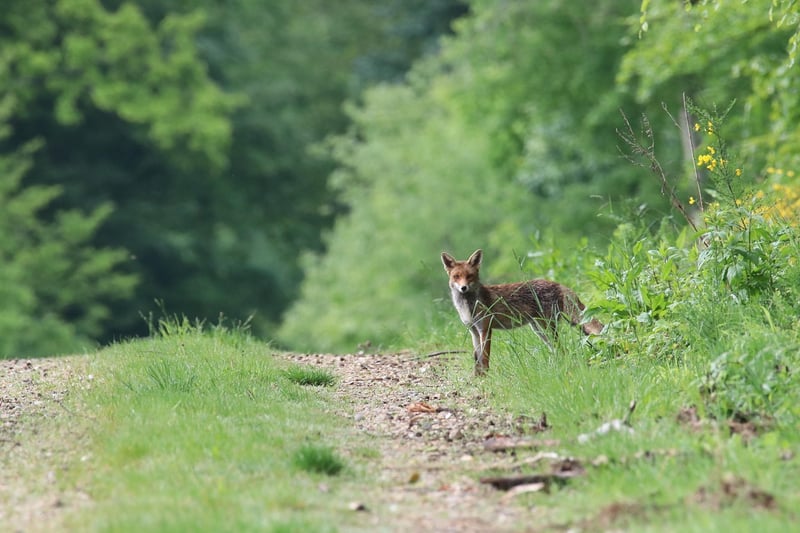Natural Predators
Protect Your Plants with Natural Predators

As a plant enthusiast, you know how important it is to protect your green friends from pests and diseases. While pesticides can be effective, they often come with harmful side effects for the environment and beneficial insects. Luckily, there's a natural and sustainable solution - inviting natural predators into your garden!
Meet the Natural Predators:
Ladybugs:

Ladybugs are a gardener's best friend. These cute beetles feast on aphids, mealybugs, and other soft-bodied pests that can wreak havoc on your plants. By attracting ladybugs to your garden, you can keep pest populations in check without harming the environment.
Praying Mantis:

The praying mantis is a stealthy predator that preys on a wide range of garden pests, including caterpillars, flies, and beetles. These fascinating insects are beneficial allies in your quest for a pest-free garden.
Lacewings:

Lacewings are delicate insects with a voracious appetite for aphids, mealybugs, and mites. By releasing lacewing larvae in your garden, you can effectively control pest populations in a natural and sustainable way.
How to Attract Natural Predators:
- Plant a diverse range of flowers and herbs to attract beneficial insects.
- Avoid using chemical pesticides that can harm natural predators.
- Provide shelter for beneficial insects with insect hotels or dense vegetation.
- Encourage biodiversity in your garden to create a healthy ecosystem.
By harnessing the power of natural predators, you can protect your plants from pests in an eco-friendly and sustainable manner. Embrace these beneficial insects as allies in your garden and watch your plants thrive!
Remember, a healthy garden is a balanced ecosystem where natural predators and pests coexist harmoniously. Let nature do its work and enjoy a vibrant and flourishing garden!
